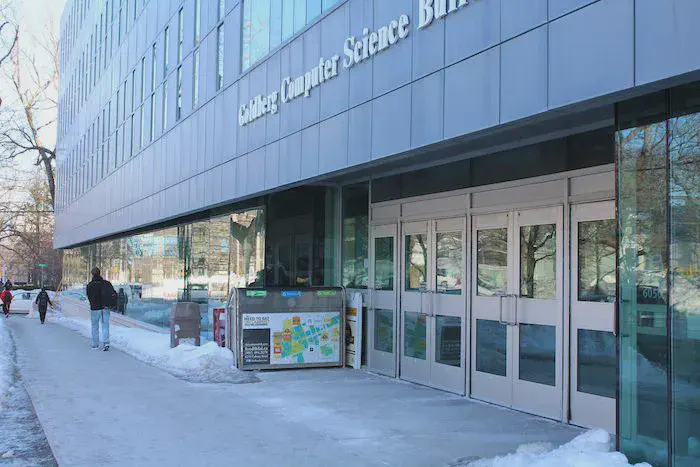

Image from Tim Bousquet.
The detection and localization of vessels through underwater acoustics are critical for maritime safety, environmental conservation, and defense. However, underwater acoustics present unique challenges, including noise interference, complex propagation dynamics, and limited labeled datasets. Addressing these challenges requires innovative approaches that combine domain knowledge with advanced computational methods.
This project focuses on applying Physics-Informed Machine Learning (PIML) techniques to enhance signal processing capabilities for underwater acoustic data. The research aims to develop accurate and robust models for analyzing acoustic signals by leveraging geophysical principles and advanced machine-learning techniques. Techniques such as Physics-Informed Neural Networks (PINNs) will be explored to integrate domain knowledge directly into model architectures, improving interpretability and performance.
Titled “Physics-Informed AI for Signal Processing in Underwater Acoustics,” this project will utilize Canadian maritime acoustic data to create novel methodologies for vessel noise analysis. These advancements in acoustic signal processing are expected to have significant practical applications, including vessel tracking, marine life protection, and underwater exploration.
The Faculty of Computer Science at Dalhousie University invites applications for a funded PhD or self-funded MCS position under the supervision of Prof. Gabriel Spadon. The successful candidate will join a multidisciplinary team working on physics-informed machine learning, focusing on signal processing for underwater acoustics.
The PhD student will receive funding and be enrolled in the Computer Science PhD program at Dalhousie University in Halifax, Nova Scotia, Canada. The MCS student will have the opportunity to work on this research topic as part of their thesis or project-based program.
We encourage applications from candidates with diverse backgrounds and skill sets. The ideal candidate will meet the following criteria:
Candidates eager to learn and contribute to cutting-edge research are encouraged to apply, even if they do not meet all the above criteria.
Interested candidates should submit the following documents by email to Prof. Gabriel Spadon (spadon@dal.ca) with the subject line “MCS Application - Winter #2025”:
The deadline for applications is October 1, 2024, or until the position is filled.
Shortlisted candidates will be contacted for an interview by October 15, 2024.